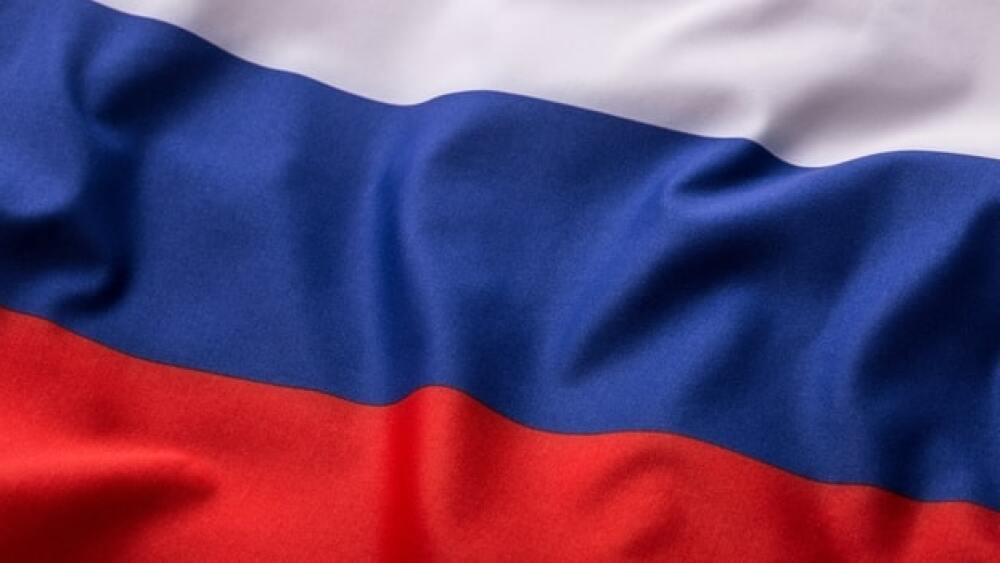Russia’s minister of health, Mikhail Murashko, indicated that the country plans a nationwide program to vaccinate its population against COVID-19 starting in October.
Russia’s minister of health, Mikhail Murashko, indicated that the country is planning a nationwide program to vaccinate its population against COVID-19 starting in October. The vaccine has not yet completed clinical trials. Murashko indicated they would begin by vaccinating teachers and health care workers.
Murashko also told the RIA state news agency that while in the middle of accelerated testing, the laboratory that developed the vaccine had already submitted for regulatory approval.
Anthony Fauci, director of the U.S. National Institute of Allergy and Infectious Diseases, told a congressional panel on Friday, “I do hope that the Chinese and the Russians are actually testing the vaccine before they are administering the vaccine to anyone.”
In an interview with BlackPressUSA TV, National Newspaper Publishers Association president Benjamin Franklin Chavis Jr., Fauci was also asked about the Russian vaccine. He said, “We could have a vaccine tomorrow, we wouldn’t be safe or effective, but we could have a vaccine tomorrow. But we want to prove that it’s safe and effective, and that’s the reason why we’re doing the clinical trials. So anybody could say they have a vaccine and make it, but you have to prove that it’s safe and effective. Which I doubt that they’ve shown that, but you know, we’ll see.”
Russian state television has been claiming that Russia is leading the competition for a COVID-19 vaccine for several months. In May, the Russian government claimed a Russian researcher had injected himself with a vaccine early in the process.
Kirill Dmitriev, a senior official with Russia Direct Investment Fund, a government-controlled investor in Russia’s vaccination effort, indicated a Phase III trial of the vaccine will launch early this month.
The World Health Organization (WHO) has maintained a comprehensive list of vaccine trials around the world, but there is no Russian Phase III trial on the list, at least not yet.
Dmitriev said, “We believe it will be one of the first vaccines with regulatory approval.”
The New York Times notes that there is very little transparency with the Russian program, so it’s difficult to tell if there’s any truth to the claims about the trial. And critics have pointed out that Russia has a history of cutting corners in pharmaceutical research and there have been accusations of intellectual property theft. For example, there have been recent accusations of Russian state hackers trying to steal vaccine research. The U.S., Canadian and British governments all made the allegations.
The UK’s National Cyber Security Centre (NCSC) reported they were more than 95% positive that APT29, also known as The Dukes or Cozy Bear, was behind the attacks and are part of Russian intelligence services.
The Russian vaccine product was developed by the Gamaleya Institute in Moscow. According to reports, it leverages two strains of adenovirus, which usually causes mild colds in people. Other programs are also using modified adenoviruses. They are typically genetically modified to infect cells than make those cells manufacture spike proteins of SARS-CoV-2, the novel virus that causes COVID-19.
Reportedly the Gamaleya Institute has tested its vaccine on military personnel. This brings into question ethical questions about consent, although the Russian defense ministry said they all volunteered. The Gamaleya Institute’s director, Aleksandr Gintsberg, announced on television in May that he had been dosed by the vaccine before announcing the completion of monkey trials.
Cliff Kupchan, chairman of risk consulting firm Eurasia Group, told The New York Times, “There is an escalation in the geopolitics of vaccine research.” But “what remains of the vast scientific complex of the Soviet period is a shadow of what it was.”
Dmitriev, however points out that the Soviet Union had one of the most powerful and effective vaccine manufacturing programs in the world, and the reason they are so far ahead is because of that history. “We have this very significant legacy of Russia being a leader of vaccines in the Soviet time and today,” he said. “We don’t have to create many things from scratch.”
Late-stage trials have begun around the world by Moderna, Pfizer and BioNTech, SinoVac in China, SinoPharm in China, and AstraZeneca and the University of Oxford.





